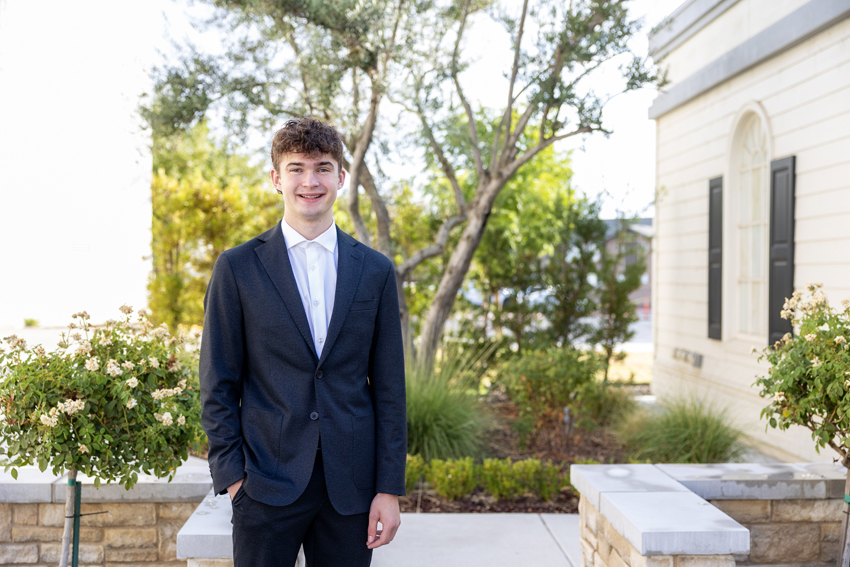Redefining selfishness permits enjoyment in serving others

Serving and selflessness work hand-in-hand but are often overshadowed by selfish ambition, pride and self focus. Both selflessness and selfishness have origins in enrichment, contributing to a healthy lifestyle. In order to feed both sides of human nature, helping others while practicing forms of self-care create a win-win situation.
A selfless nature helps maintain a stable mental health in many ways. According to Psychology Today, self-absorption leads to anxiety, depression and stress disorders. Selfishness contributes to personality disorders such as antisocial personality disorder and narcissistic personality disorder.
9/11 responders are an important example of selflessness in history. These fighters showcased heroic acts that saved many lives. Other examples are war veterans, civil rights leaders like Martin Luther King Jr. and saints like Mother Teresa who devoted their lives to serving others.
Opportunities to give back to the community include serving at a food bank, reaching out to homeless shelters or spending a few hours getting to know the residents of a local retirement home. On the FC campus, students can exercise outward thinking by assembling Operation Christmas Child boxes, donating to the Together we CAN food drive or participating during Serve Day.
While selfless acts foster communal growth and improvement, forms of self-care are vital to the consistency of an altruistic life. As Millennials and Generation Z continue to place value on self-care routines and #treatyourself, there is worth in caring for personal needs alongside the needs of others.
The following tweet features a New York Times article about the effect of an altruistic life
David Brooks makes a serious case for harnessing the power of altruism: https://t.co/n6YH9nr7GP
— Nilanjana Roy (@nilanjanaroy) July 9, 2016
Self-love can be redefined from a negative practice to an exercise that leads to a healthy life. Removing the stigma surrounding selfishness is the first step in permitting the personal enjoyment of self-care.
While ensuring needs are being met, taking an extra hour or two during the day is not selfish; it allows people to be able to serve others and be more present in day-to-day life. Helpful acts of self-care include:
- Taking ten minutes to meditate – meditation and controlled breathing reduces stress, controls anxiety and promotes emotional health.
- Taking an hour respite from electronic devices – staying off technology opens up free time, allows for self exploration and relieves strain on the eyes and brain.
- Exercising once a day – staying active relieves tension and stress, releases endorphins and reduces negativity.
- Finding a hobby – participating in activities that stimulate the right side of the brain improve wellbeing, reduce stress and create an enjoyable environment.
- Eating healthy – maintaining a nutritious diet builds self esteem, improves energy and increases brain function.

Anyone can serve others by implementing simple actions into their daily routine like being courteous to others or opening a door for someone with their hands full. Rather than focusing on participating with major organizations, start out small by showing a smile to a family member, friend or neighbor.
Many people take selfishness and selflessness to extreme levels. This issue is not black and white. Culminating a balance of outward thinking and self-interest promotes not only shared growth, but personal improvement.
For similar articles, check out World Kindness Day: Improve community goodwill, health, personal value, Nov. 13 and Stepping beyond selfishness: Operation Christmas Child.
For another editorial, read EDITORIAL: Modern day slavery impacts people of all ages, races, genders, backgrounds.







